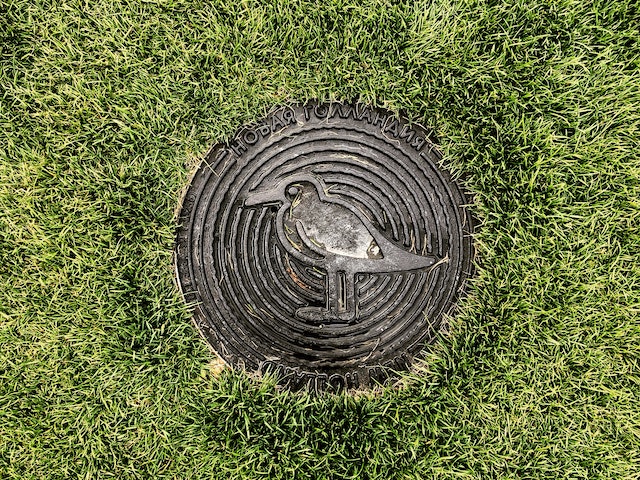Many things can go wrong with your septic system, and you need to keep it clean and safe. In addition, keeping your system in good repair will save you from costly repairs and maintenance.
Clogs and sludge buildup in the septic tank and drain field can cause system back-ups, foul smells, and sewage to force its way up through the leach field into the soil and groundwater.
Keeping Your Septic Clean and Safe
Your septic system is designed for recycling waste from sinks, toilets, and showers and, at times, needs septic services. It combines gravity and fluid dynamics with bacteria to separate the trash from the water.
The waste enters the septic tank, where heavier solids settle to the bottom; lighter liquids remain in the middle. The sewage is broken down by bacteria and then filtered through a perforated pipe into a patch of soil called a drain field.
Once the water reaches the drain field, it naturally gets rid of bacteria and viruses by passing through different soil layers. This process allows your septic system to function correctly and safely without causing a huge stink in your yard.
Septic systems are delicate and rely on bacteria to work correctly, so you should avoid using household chemicals containing toxins such as chlorine bleach or ammonia. These products can kill off the bacteria that break down the wastewater. These chemicals can also harm the natural ecosystem and contaminate the surrounding groundwater.
Preventing Clogs
Clogged drains are a common problem for homeowners and can be a real nuisance, especially if they’re frequent. But you can prevent clogs and backed-up sewage with regular inspections from a septic company.
First, keep things out of the drains that can clog them, such as paper towels, diapers, disposable pans, and laundry detergent. If these items aren’t cleared out, they can build up in the drain pipes and cause a clog that could require professional services to clear.
Second, ensure you’re using septic-safe cleaners to eliminate clogs, like RID-X. This product helps to break down waste material naturally and can also eat up the heavy solids that clog your septic tank.
One last tip that will help keep your septic clean and safe is ensuring that you’re pumping your tank regularly. This is recommended by the health department and can go a long way toward preventing clogs and backed-up wastewater in your home or business.
Preventing Damage to Your Septic Tank
A septic tank is integral to a home’s wastewater treatment system. It filters and stores waste from the home’s toilets, sinks, and laundry area until it can be sent down a drain or leach field.
A failing septic tank can be hazardous for the environment and your family’s health. It can release hydrogen sulfide, a toxic gas that can irritate your eyes and cause respiratory problems.
Avoid flushing non-biodegradable waste down your toilet, including hair, coffee grounds, cat litter, paper towels, grease or oil, pasta, flour, tampons, diapers, and cigarette butts. These items can clog your tank and drain field in short order.
Avoid using too much laundry detergent and other cleaners, especially those with phosphates or surfactants. These harsh chemicals can clog your system and kill the beneficial bacteria that help process waste.
Preventing Damage to Your Drain Field
Your drain field is where the liquid wastewater from your septic tank and your absorption field flows into the ground. So it’s essential to make sure it remains healthy and functioning.
The first step is to keep the soil and vegetation in your yard free of chemicals, oil, grease, cooking fats, soaps, and other products that can upset bacterial action in the tank or cause damage to the drain field. Then, keep the toilets, sinks, and showers clean to avoid clogs leading to system failure.
In addition, avoid planting trees and shrubs with aggressive roots that could clog or disrupt your drain field. Instead, shallow-rooted kinds, such as dogwoods, cherry trees, hydrangeas, azaleas, and boxwoods, are best for landscaping near your septic system.
It’s also essential to monitor your household’s water use habits so that you stay within the amount of liquid your septic system can handle. These are hydraulic overloads, which can cause septic backups in your home or overflows in your drain field.

